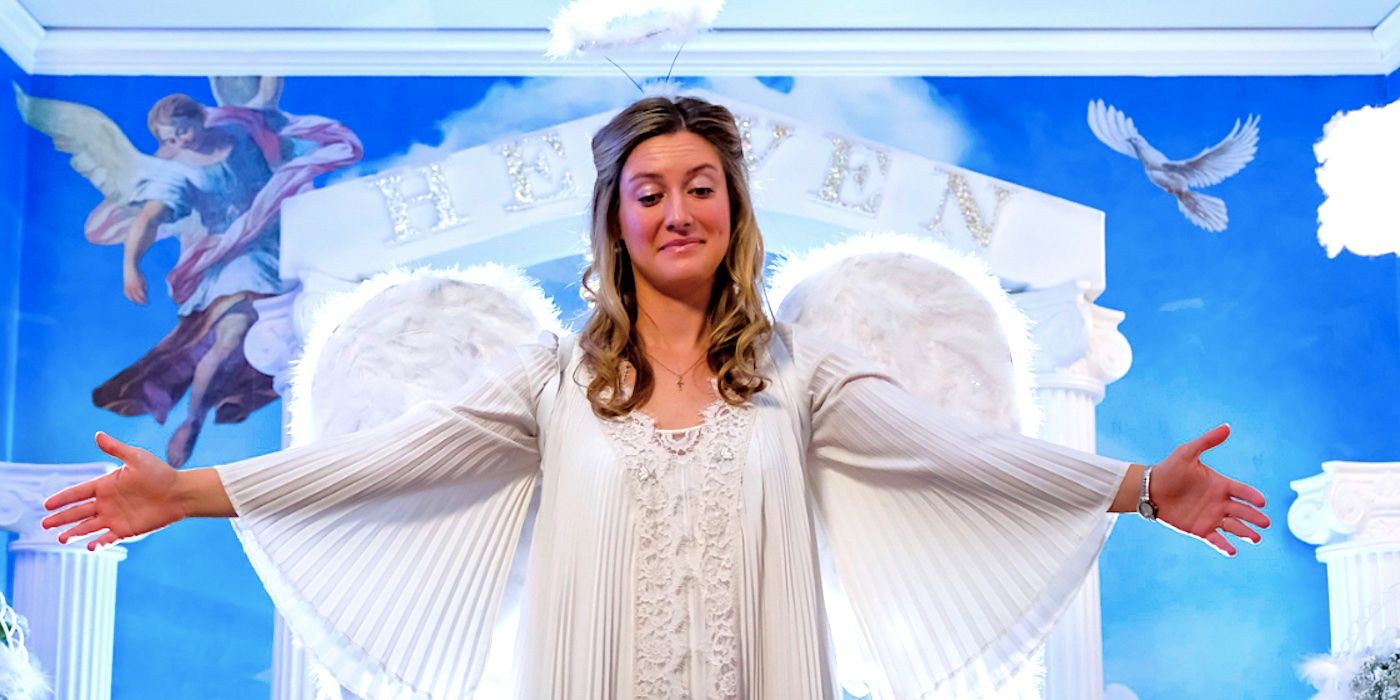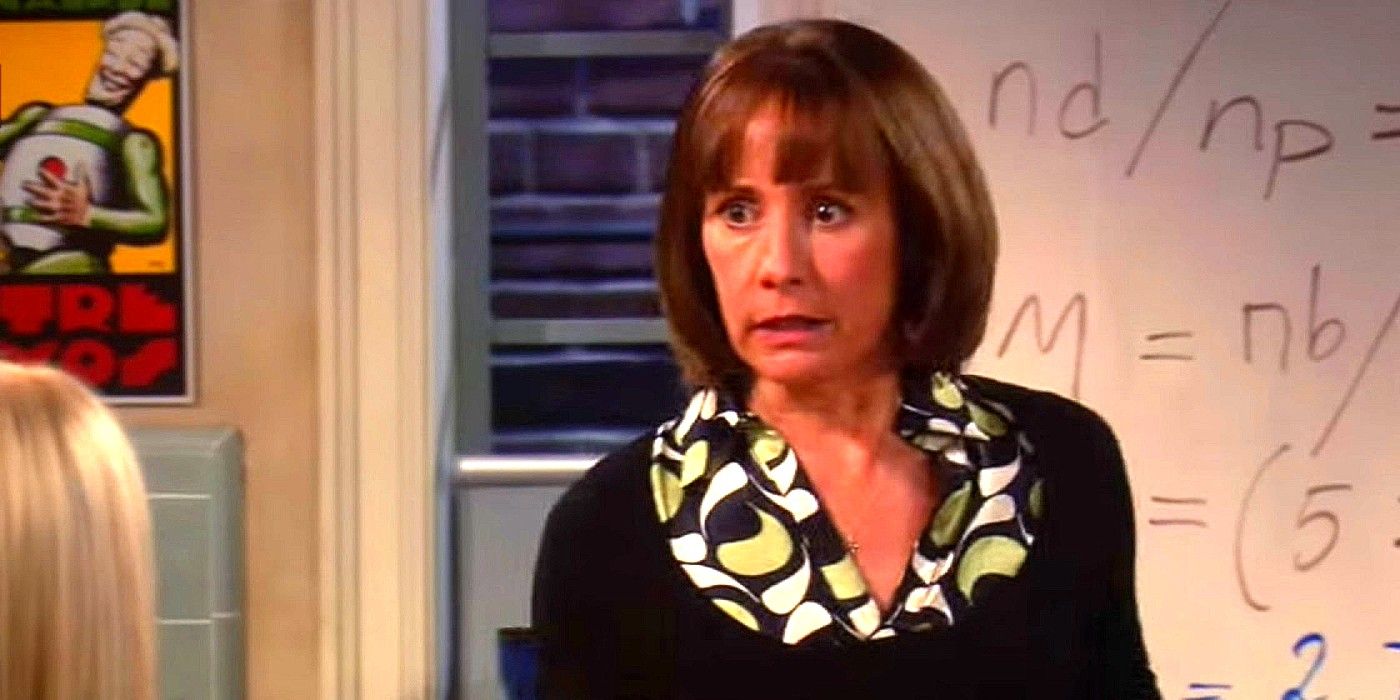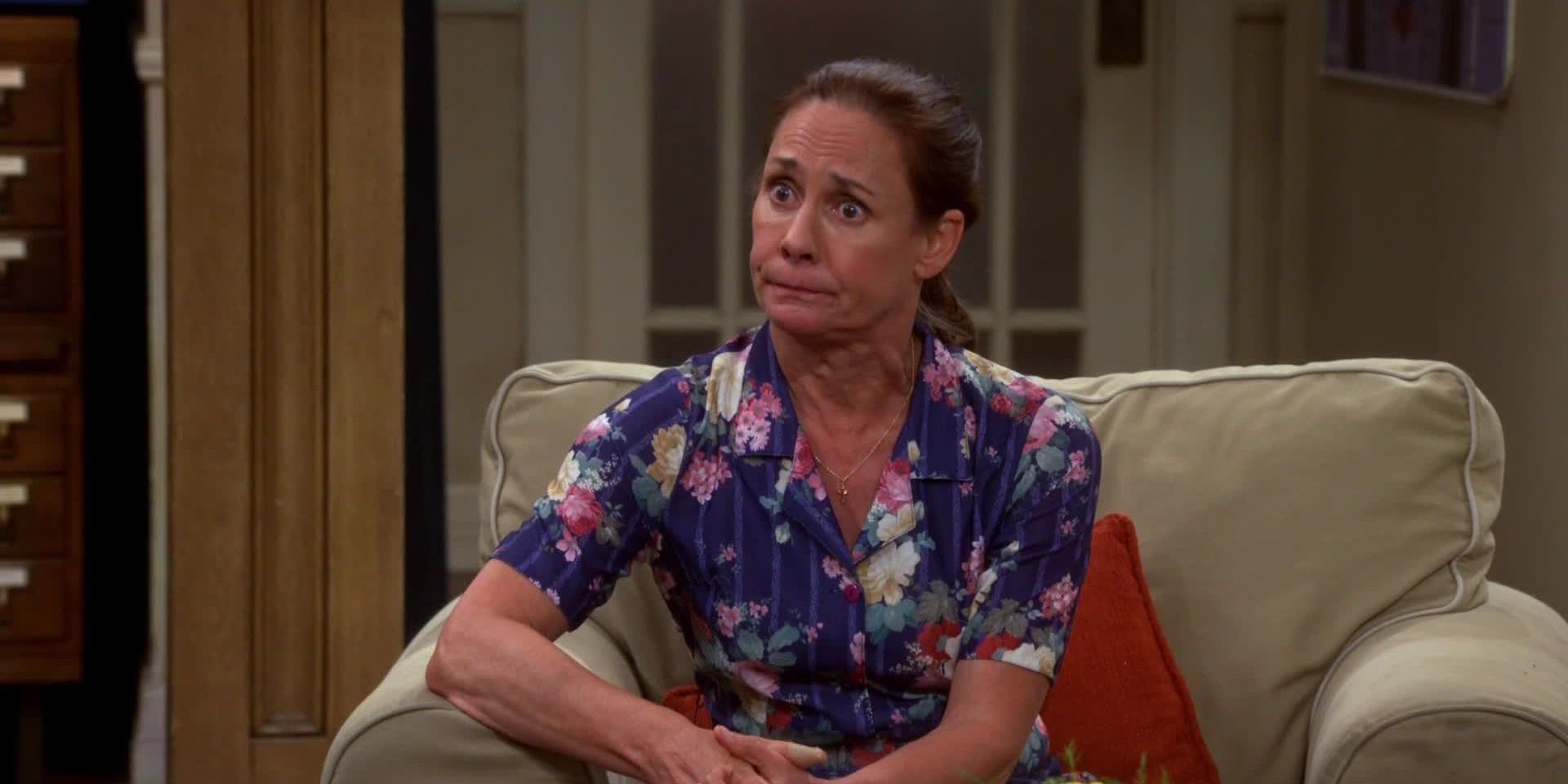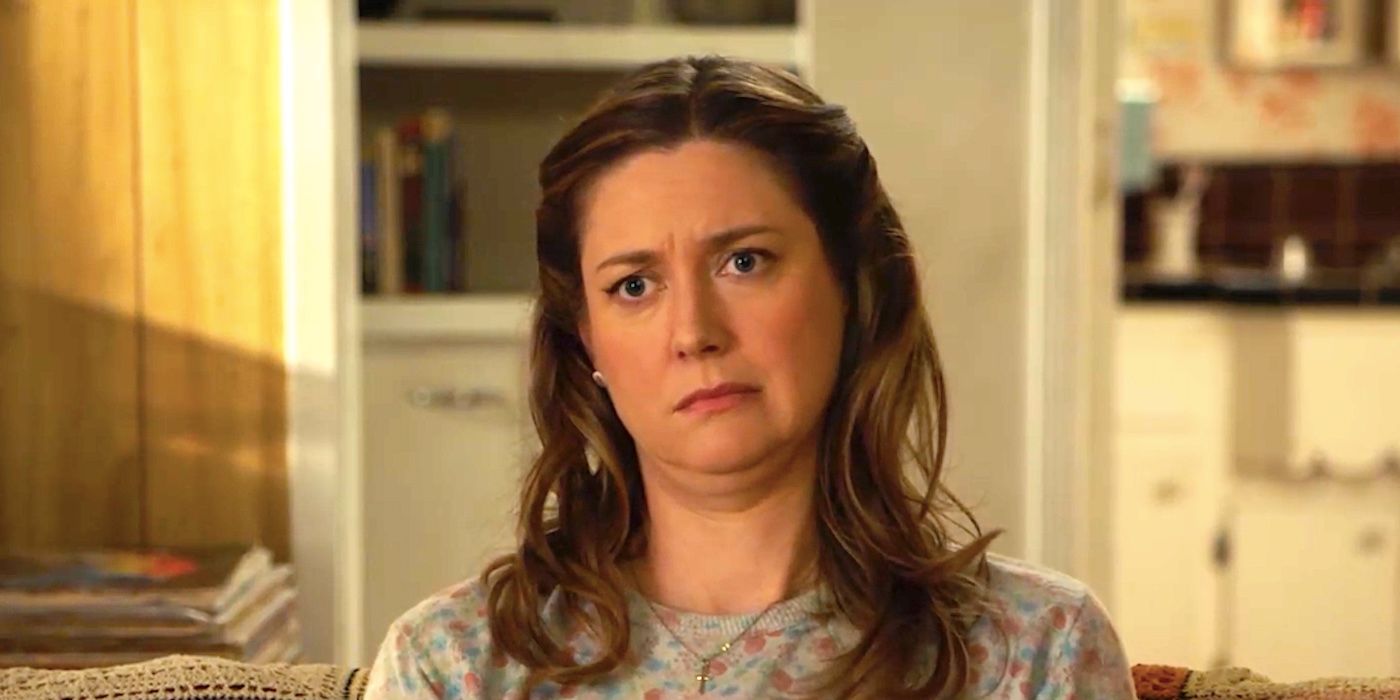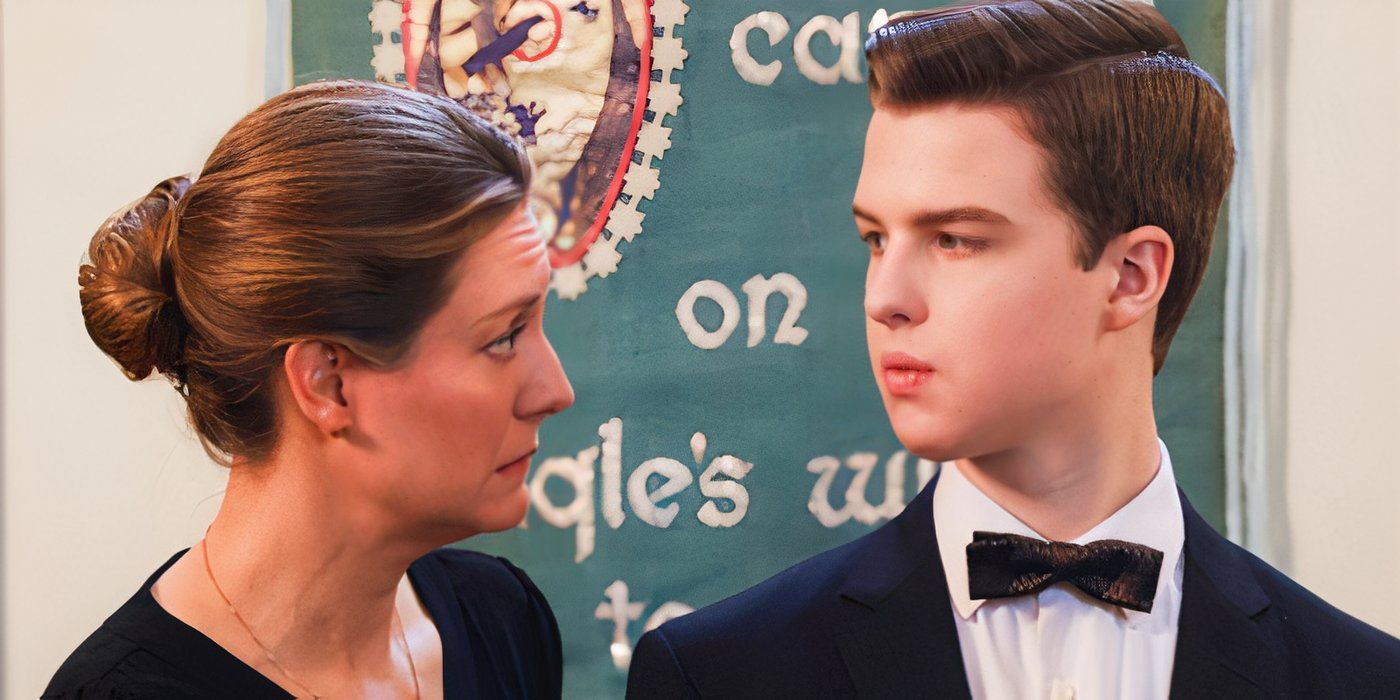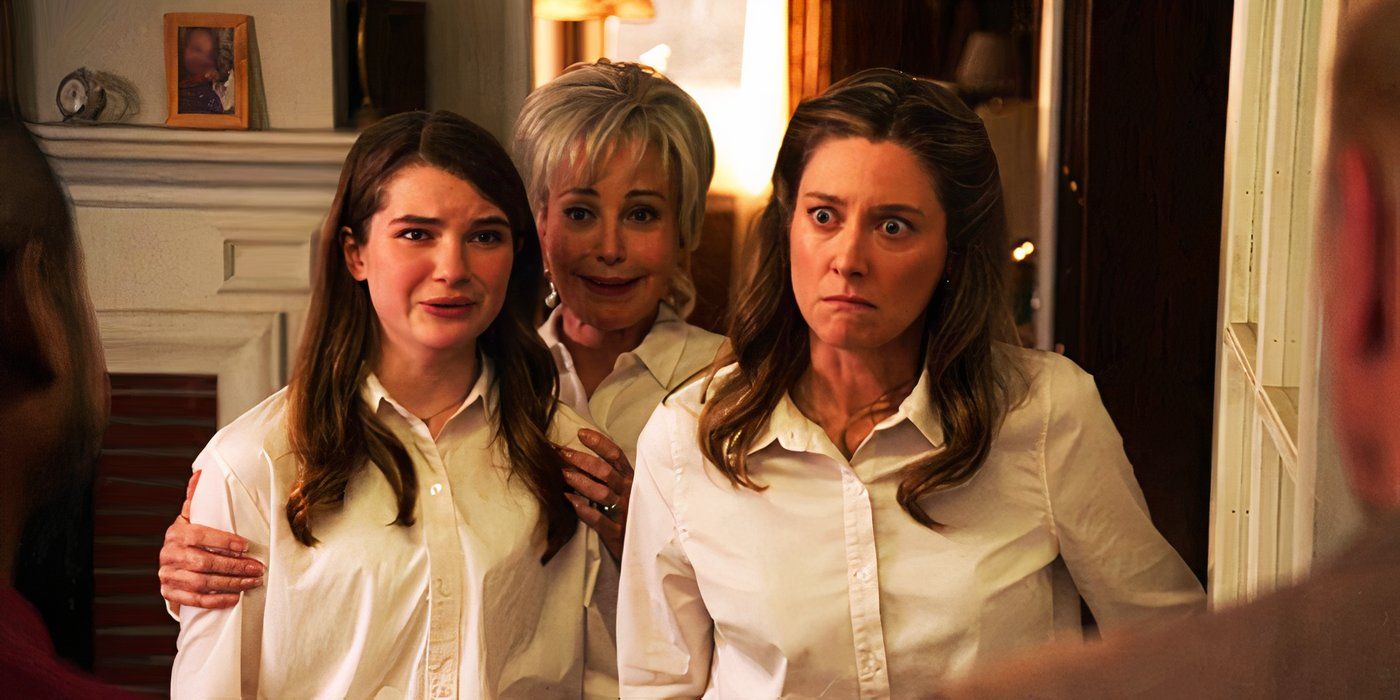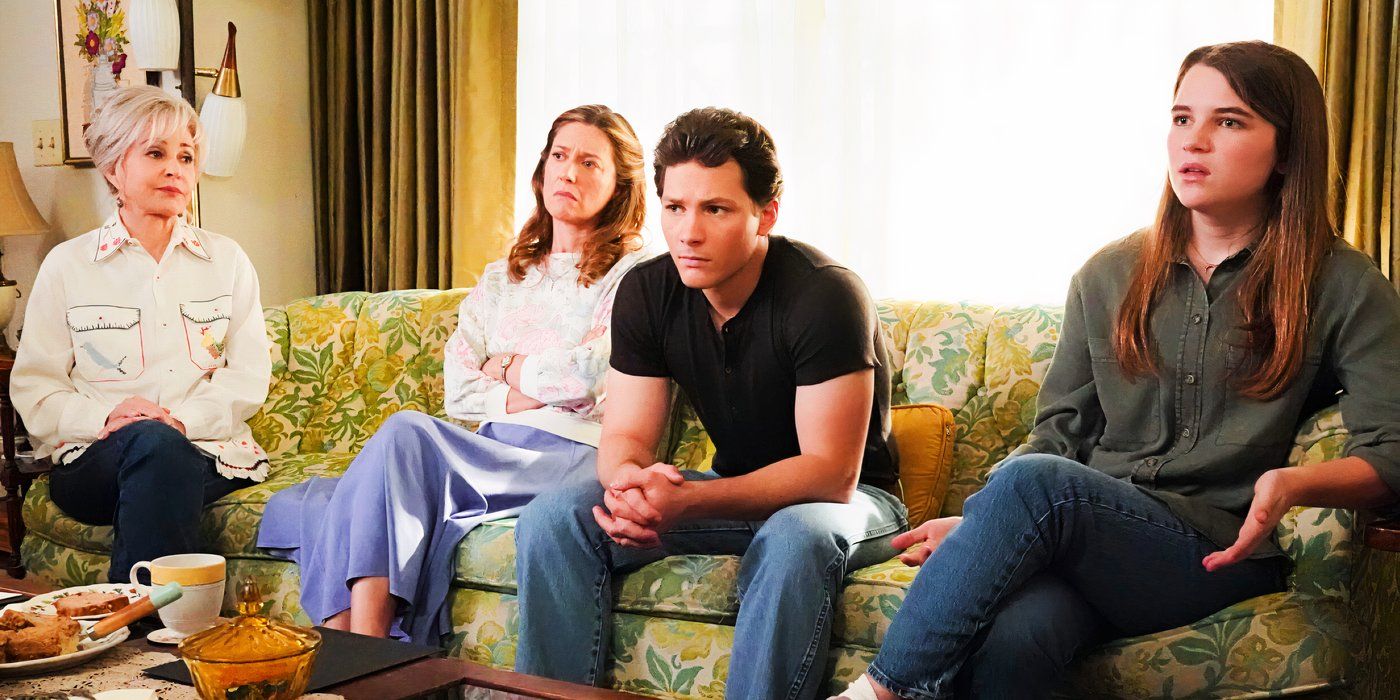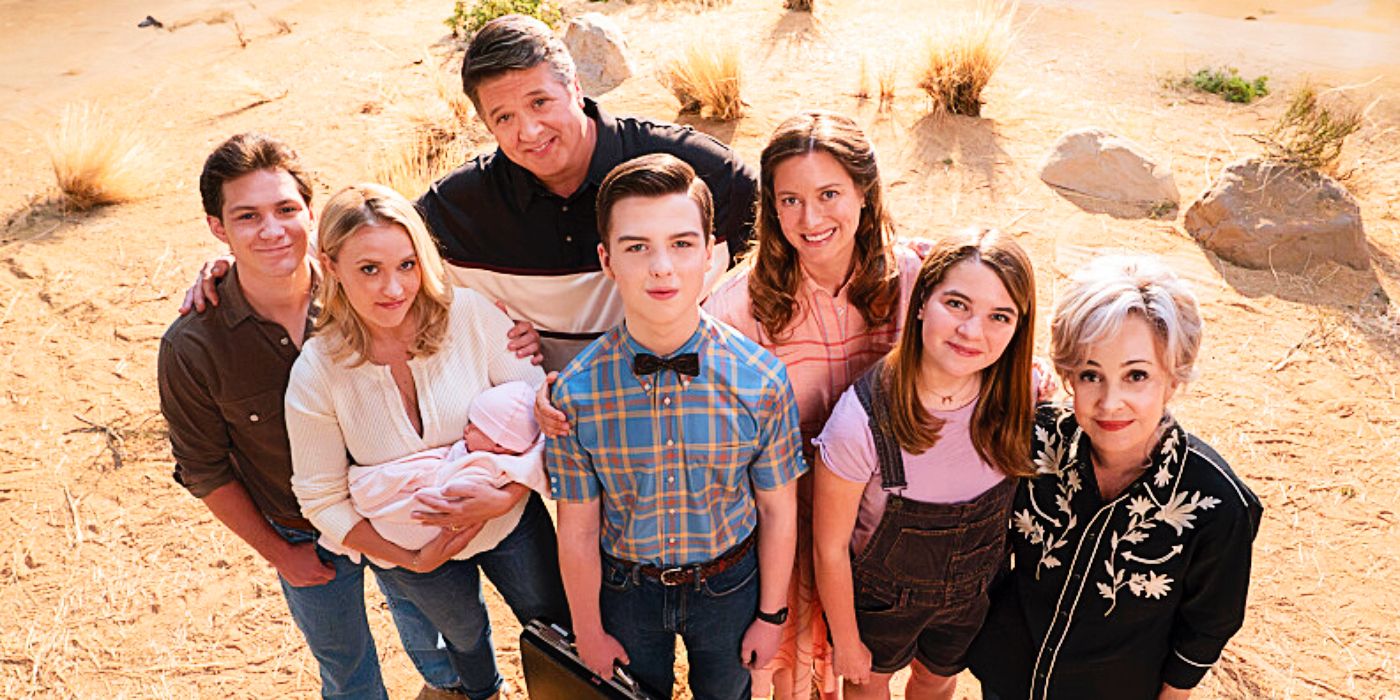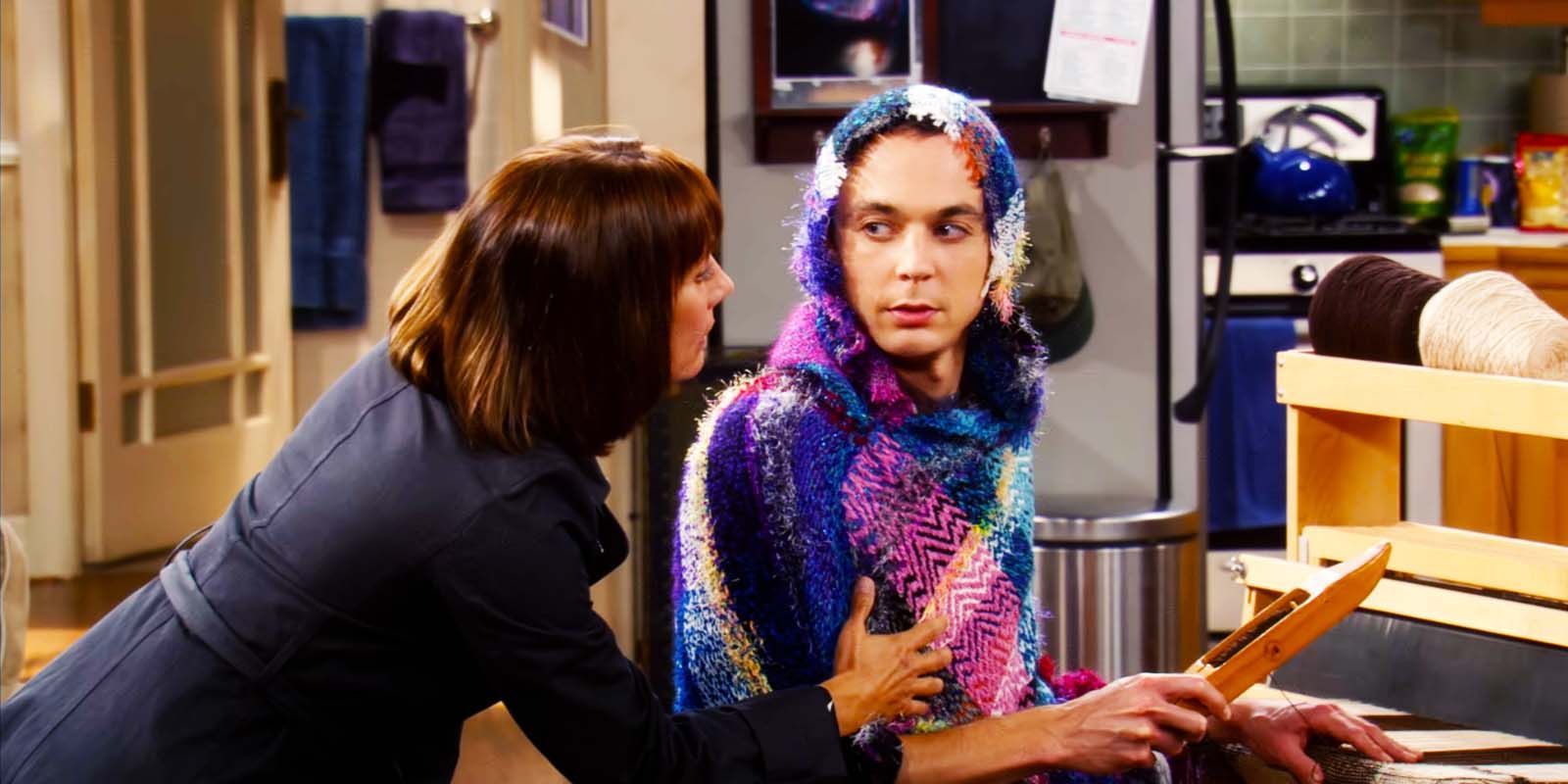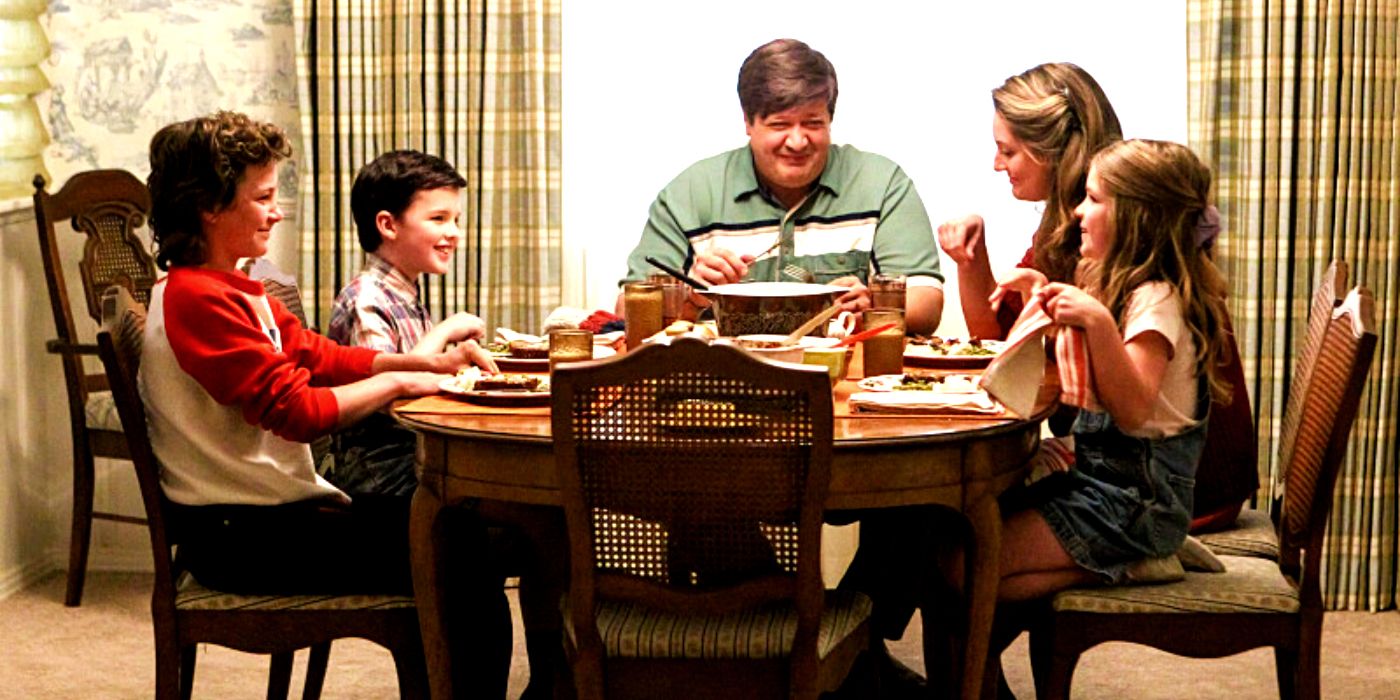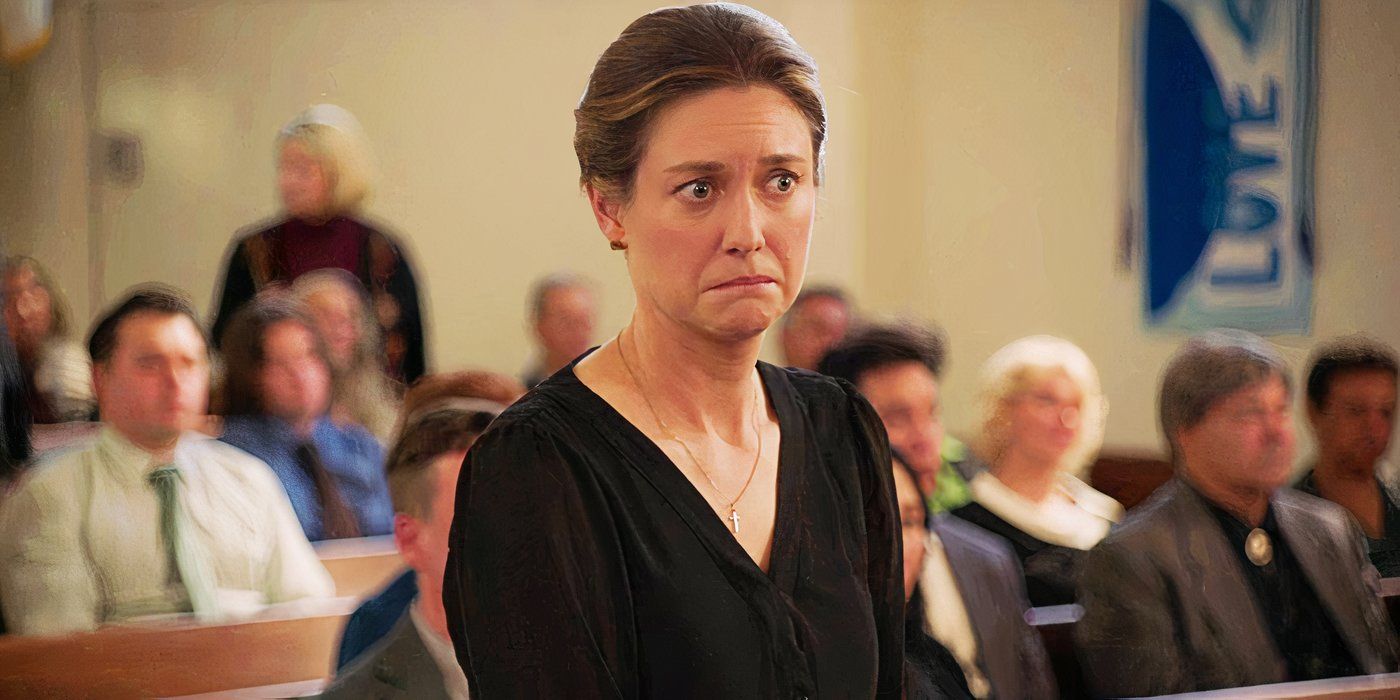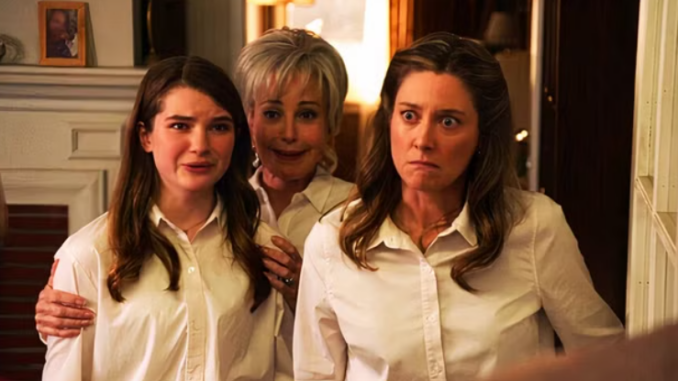
Although Mary and Sheldon’s close relationship in The Big Bang Theory never added up thanks to their differences, Young Sheldon’s finale explained this apparent plot hole. Young Sheldon’s series finale solved a lot of canon inconsistencies between the spinoff and its predecessor, The Big Bang Theory. Young Sheldon’s final two episodes focused on the aftermath of George Sr.’s death, with the first centering on his funeral and the second jumping ahead in time to introduce the show’s narrator, an older version of Sheldon. Like Young Sheldon’s best episode, the two-parter built on The Big Bang Theory’s canon.
Georgie’s attempts to care for Missy and Sheldon were established in his eulogy for his father, where he promised to look after everyone in his absence. Mary’s intense religious faith was justified as she retreated into prayer to deal with her grief, something Meemaw tacitly encouraged by telling Missy and Sheldon to get baptized. Meemaw was convinced that Mary’s zealotry would die down in time, meaning Meemaw contributed to Mary’s The Big Bang Theory character change. The finale also explained a more diffuse mystery from the original series, namely Sheldon and Mary’s close relationship that ignored their divergent beliefs.
While Young Sheldon and The Big Bang Theory were both primarily comedies, the two hit sitcoms still managed to include a few major character deaths.
Mary’s Big Bang Theory Personality Makes More Sense After Young Sheldon
Sheldon’s Baptism Proved Mary’s Faith Was Well Founded
While Sheldon still didn’t believe in religion, he did go through with getting baptized to help his mother cope with her loss. Missy opted out at the last moment, which could explain why Mary felt closer to her son later in life.
Throughout The Big Bang Theory, Mary is demonstrably closer to Sheldon than Missy and Georgie. Georgie’s first appearance in the series, season 11, episode 20, “The Sibling Realignment,” centered on his anger toward his brother for being Mary’s favorite child. Meanwhile, although Penny’s mother only appeared in one episode of The Big Bang Theory, Mary cropped up in no less than 15 outings of the original show. When Missy’s husband was involved in a motorcycle accident while she was pregnant, Sheldon came to Texas to help out. In contrast, Mary wasn’t mentioned in this outing.
Mary’s preference for Sheldon might seem to be based on his prodigious intelligence and subsequent high academic achievement, but Sheldon’s storyline in Young Sheldon’s series finale proved this is something of a misdirection. While Sheldon still didn’t believe in religion, he did go through with getting baptized to help his mother cope with her loss. Missy opted out at the last moment, which could explain why Mary felt closer to her son later in life. Despite Sheldon’s atheism, Mary did now believe that he was saved. Mary appreciated Sheldon’s decision to get baptized for her sake later in her life.
Young Sheldon’s Series Finale Explains Mary’s Fondness For Sheldon
Missy and Georgie Complained That Sheldon Was Mary’s Favorite
Throughout Young Sheldon, Missy expressed annoyance about Sheldon’s preferential treatment. In The Big Bang Theory, Georgie reiterated these complaints. The fact that Sheldon was the only one of them who got baptized after George Sr died means that this preferential treatment arguably makes sense from Mary’s perspective. Mary felt Sheldon cared more about her, so she focused her attention on him in turn. This wasn’t necessarily healthy or justified, but it does make sense of the pair’s closer bond throughout The Big Bang Theory. This was tough to explain thanks to their radically divergent worldviews.
Clearly, both characters care more about their relationship than their professed beliefs, despite what they claim.
Although “Funeral” was arguably Young Sheldon’s most ambitious episode, it was its follow-up “Memoir” that made Mary and Sheldon’s relationship work. The Big Bang Theory featured numerous scenes where Sheldon and Mary argued over science and religion, with both parties finding their beliefs mutually incompatible. Despite this, Mary was fiercely protective of her younger son and always remained in his corner. This makes more sense now that viewers have seen Sheldon betray his “Well-established atheism” to do something kind for his mother. Clearly, both characters care more about their relationship than their professed beliefs, despite what they claim.
The Real Reason Mary and Sheldon Were So Close In The Big Bang Theory
Young Sheldon Proved The Characters Aren’t So Different After All
Young Sheldon needed to justify the closeness of the two characters in the earlier show, but the real reason Mary and Sheldon get on so well is because they are extremely similar. They are much more alike, in their stubbornness and self-importance, than Mary is to the comparatively laidback Georgie or rebellious Missy. Young Sheldon’s version of Meemaw is much more like her granddaughter while the spinoff’s Georgie is nowhere near as high-strung as his mother. Although Georgie became more ambitious and took on many more responsibilities after George Sr.’s death, he still differs from Sheldon and Mary.
Sheldon and Mary are obstinate, self-important, and pushy about their beliefs, if ultimately good-natured. In contrast, Georgie has a much friendlier demeanor and Missy is a lot more carefree. The Cooper siblings have a lot in common, but Sheldon and Mary share more similarities than Georgie and Missy. As a result, the pair remained closer throughout the earlier show. Young Sheldon needed to justify Sheldon’s closer relationship with his mother throughout The Big Bang Theory, resulting in the finale’s clever baptism subplot.
